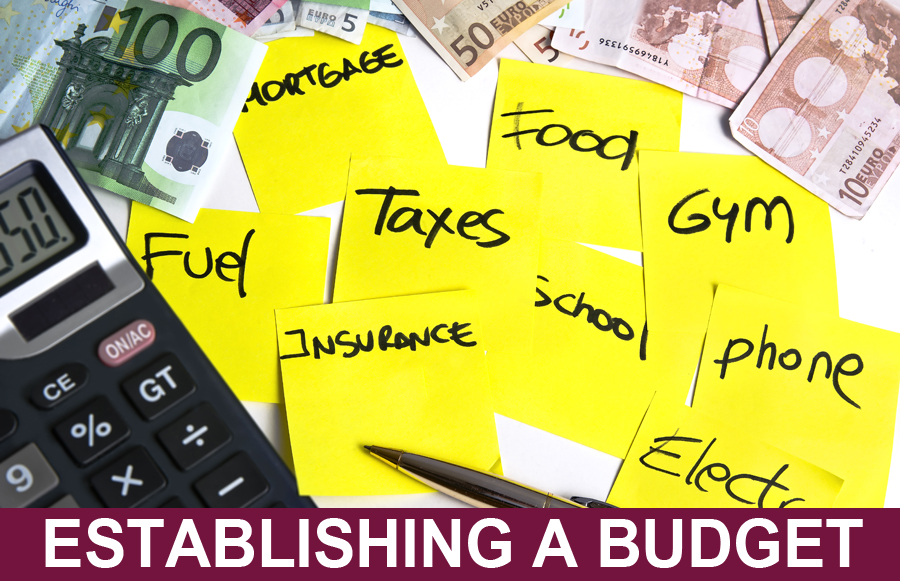CHRISISMS
A fortnightly pearl of wisdom to fast track your success
CHRISISM #82 - Establishing A Budget
08 January 2019
When I first started in the business (just over 40 years ago!), I was told by my manager that, whenever I sat in front of a potential client for the first time, I had to make sure I did a detailed budget on that person i.e. found out exactly on what their current income was being spent.
So, dutiful new recruit that I was, for my first few months in the business I did a detailed budget on every person I sat in front of for a first meeting. However, the result of carrying out this exercise of finding out exactly how the client’s income was currently being spent was invariably to discover that there was no money left over for insurance! This discovery immediately positioned me behind the eight ball. So I decided to take a somewhat different approach to establishing a budget! From that moment on, what I did was to establish exactly what my client’s take home pay (i.e. net of tax) was on a fortnightly or monthly basis, and then we would establish what the client’s fixed outgoings were over that same period. What was meant by fixed outgoings was those expenses that were non negotiable e.g. mortgage/rent, school fees/day care, utilities, basic food etc. That is to say items of expenditure that had to be paid. Once the fixed outgoings had been totalled, then there would always be money left over which we would call discretionary income. Going off on a slight tangent, isn’t it amazing how often clients make out that they are “broke” and therefore can’t afford any insurance premiums? Typically, what they really mean is that they are currently overspending their discretionary income because the true definition of being broke is when your fixed outgoings exceed your net income, and this is very seldom the case. The really important distinction that we are making with our clients in this context is that the money required to pay the premiums for their personal protection package is not money that would otherwise have been spent on one of the client’s fixed outgoings i.e. non negotiable items; it is money that would otherwise have been spent on discretionary items e.g. down the pub, on the pokies, at the track or on any other unnecessary extravagances! Once this had been established, then my mission was to elevate my client’s personal protection package as high as possible in their order of priorities when it came to allocating their discretionary income, and this is where a wants analysis wins hands down over a needs analysis (see Chrisism#9). So in summary, I was never really that interested in exactly how my client was currently allocating their discretionary or disposable income – only in helping them recognise which items on which they were currently spending money were a lot less valuable than their personal protection package. |





